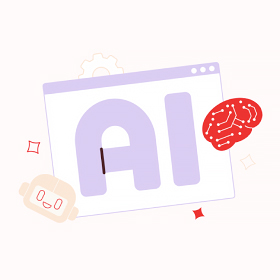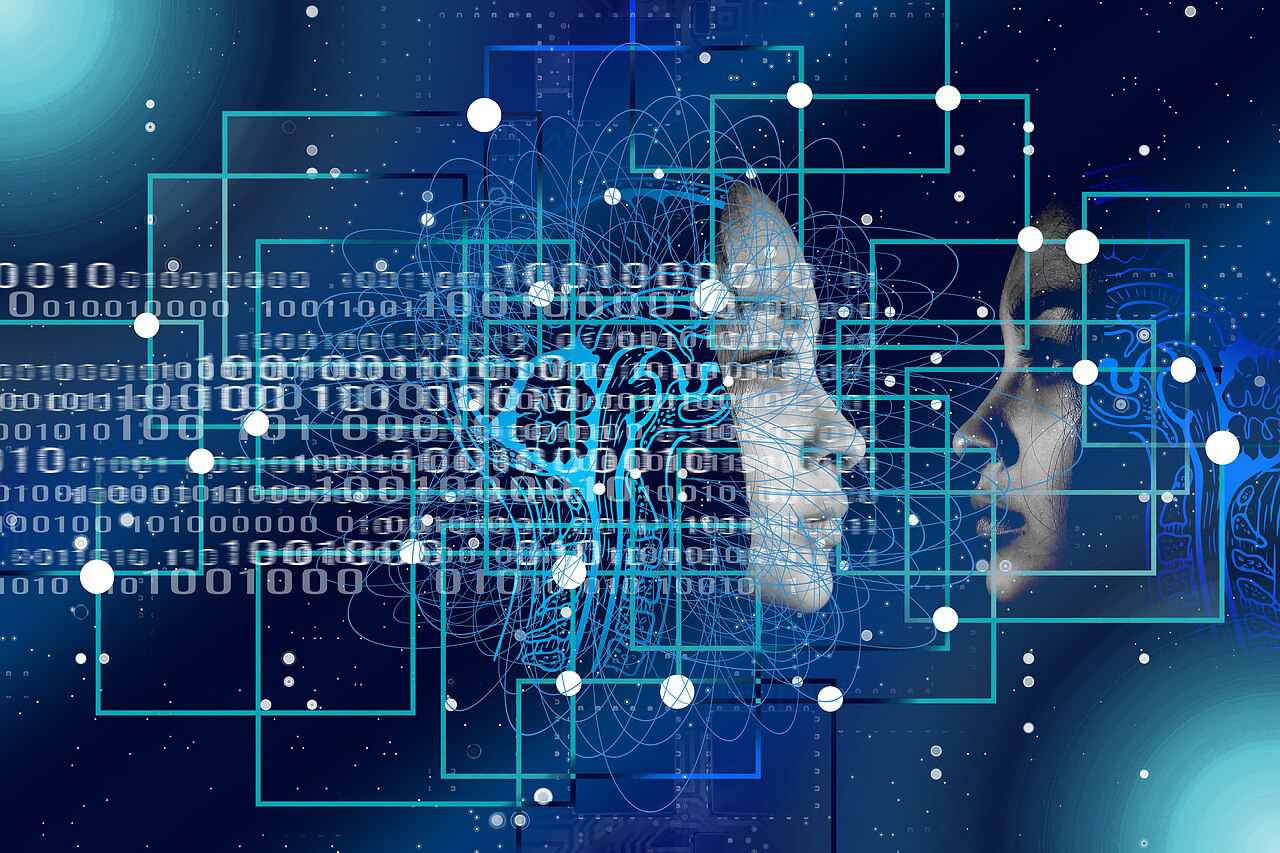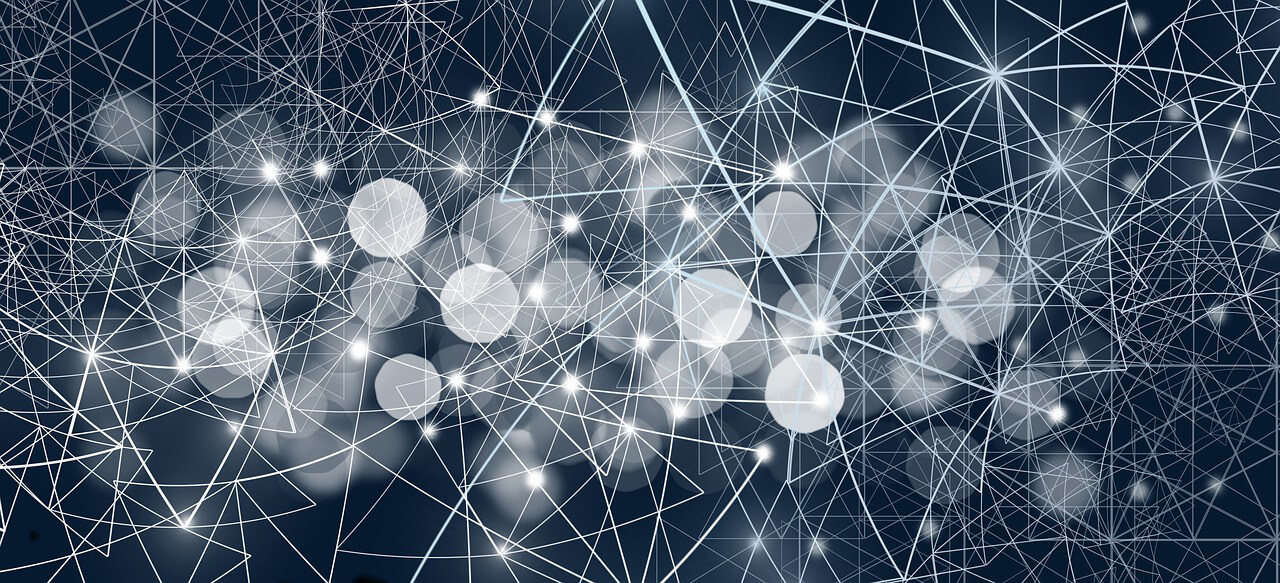Since 2022, AI text-to-image algorithms like Stable Diffusion have generated more than 15 billion ''photos,'' representing more than Shutterstock's library of photos and resources. The explosive growth in AI image creation has inspired career and hobbyist photographers to have understandable concerns about how AI will affect the future of digital images.
Photography and AI image generation are fundamentally different. On the one hand, you have an artist. On the other hand, you have developers and users learning how to be creative about what prompts they enter into a software tool. But AI does have compelling uses for photographers, not to replace their work but to streamline their processes.
When correctly applied, AI can help photographers and retouchers improve the quality and speed of their work, creating more time to do what they love. Industry veterans like Getty Images CEO Craig Peters are demonstrating the possibilities. Earlier this year, Getty Images released a generative AI (GenAI) integration enabling practitioners to create photos using prompts. Unlike certain GenAI engines, Getty Images' tool pulls from Getty's library of photos - not open-source materials - and photographers receive compensation when their work inspires an AI image.
Such AI applications are flashy and exciting. More importantly, they honor photographers' hard work. Yet AI image generators and similar tools cannot replace a photographer's unique ability to capture an image that matches their client's vision, whether it's a family portrait or a multi-million dollar ad campaign. To unlock their potential, photographers and retouchers must use AI imagery tools collaboratively, not exclusively.
AI as a tool for automating routine tasks and fostering creativity
According to Zenfolio's State of Photography report,
41% of photographers want to spend less time editing, and 34% say they are using AI to expedite this task. Additionally, AI has impressive applications for other routine tasks, including image processing and culling, which typically require a significant amount of time to finish. AI can also help with the following more precise tasks.
-
Batch processing: AI algorithms can apply consistent edits across a batch of photos, adjusting for lighting, color balance and other common elements. Importantly, this process doesn't rob photographers of their style. Photographers can create a coloring that works for them and rely on batch processing to apply those changes across a massive amount of files.
-
Object removal: AI can automatically detect and remove unwanted objects or blemishes from photos without manual cloning or healing. This AI process - once met with harsh criticisms of its own - has now achieved mass adoption, particularly among portrait and studio photographers.
-
Tagging and organization: AI can tag photos with relevant keywords based on the image's content, making it easier to organize and find specific photos later. This capability is handy for photographers who prefer to cull their own photos.
Adopting AI in these instances does not stifle artistic vision. In fact, by accelerating arduous tasks like editing and processing, AI tools enable photographers to focus on more creative forms of expression like booking photoshoots, brainstorming, staging and - you guessed it - actually snapping photos.
Moreover, AI technologies can also enhance the creative side of the process. Petapixel research indicates that 34% of photographers use AI for editing and sharpening. Over one-fourth (26%) use it for noise reduction, an incredible capability in low-light or otherwise unideal conditions. The bottom line is that AI makes retouching more accessible, less arduous and, in some instances, more creatively stimulating.
However, this potential doesn't come without risk.
Ethical considerations of AI in photography
Copyright infringement and privacy issues remain at the forefront of many photographers' minds as they interact with AI. Top AI generators like Stable Diffusion and Midjourney have already faced lawsuits regarding their use of existing imagery to create AI art. While the legality of these training sets is a matter for the courts, public opinion - especially among photographers - largely supports compensating artists for their hard work. Additionally, not all AI imaging tools are created equal, as many include subpar privacy protections.
We should also interrogate the societal impact of AI-generated art in the form of deepfakes. These uncanny images range from slightly humorous to dangerous, especially regarding public sentiment and awareness. We must remain vigilant about what's real and what is merely fabrication. Software developers and regulators have a responsibility to address these issues.
Regardless of these concerns, I am convinced that AI is a force for good in photography. A thoughtful implementation of AI offers incredible opportunities to streamline photographers' workflows, saving hours of monotonous work. By using AI to automate routine tasks, photographers can focus their creative efforts on the irreplaceable human element of their art.
If adopted conscientiously, AI can help the entire photography industry thrive. Photographers should view it as an empowering tool to expand their craft, not a replacement for their talents.
About the Author
Maksym Siroshtan is the Senior Technical Support Expert at
Retouch4me. During his nearly 30-year career, he has worked as a photo retoucher, color corrector and amateur photographer. He is involved in entrepreneurial efforts, providing technical support and software automation services for photo processing, color correction, and retouching.



